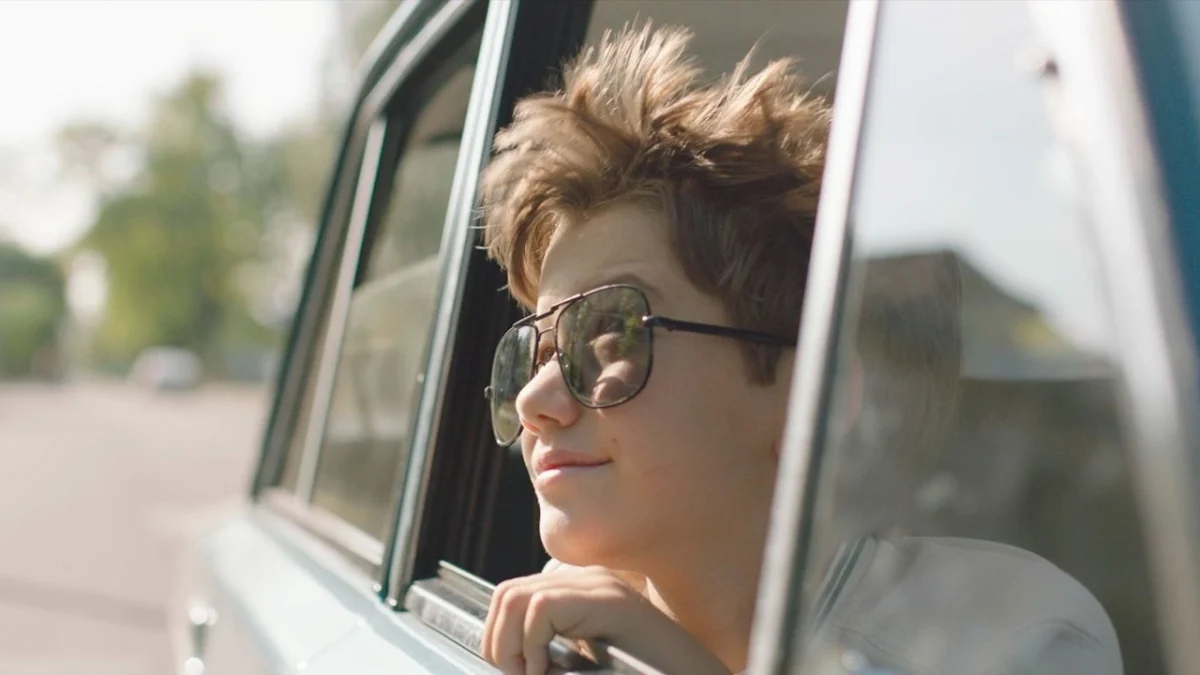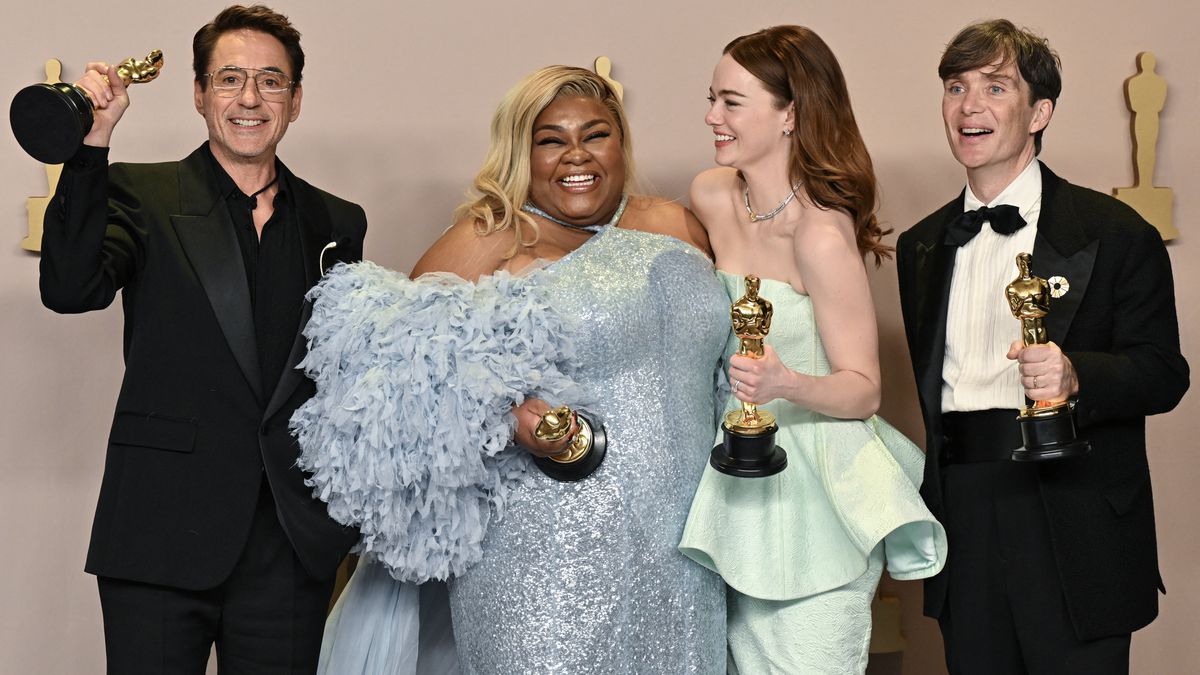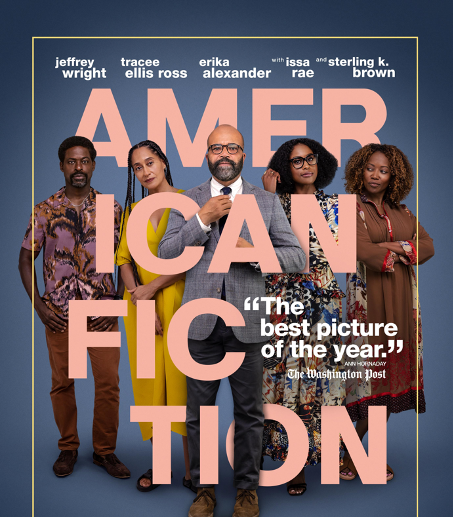
When “Girls” premiered six years ago, it was described as the millennial’s answer to “Sex and the City.” Much like its 90s HBO predecessor, “Girls” follows four young women living in New York City looking for success in their careers, navigating their relationships with men and, of course, trying to understand their relationships with each other as best friends.
Viewers of the show quickly learned that Hannah Horvath, played by series creator and writer Lena Dunham, was pretty far from Carrie Bradshaw and friends. Horvath and co. are not the 30-something women with Manolo Blahniks or beautiful apartments, they aren’t even women with “jobs and purses and nice personalities,” as character Shoshanna Shapiro (Zosia Mamet) states in the penultimate episode. Instead, they are realistically flawed and refreshingly honest representations of young women.
During the show’s final season, audiences watched, hopeful the girls would step back from their self-centered nature.
In the season premiere, Hannah finds success in her writing career when one of her articles is published in The New York Times. She meets with a magazine publisher, played by Chelsea Peretti (“Brooklyn Nine Nine”), to write an article about a surfing resort in The Hamptons, an experience Hannah loathes.
Hannah’s uptight, cynical, I-hate-everything-about-whatever-I’m-doing attitude begins to change when she meets a laid-back water ski instructor named Paul-Louis, and played by Riz Ahmed (“Rogue One” and “The Night Of”).
Paul-Louis reminds Hannah that all of the hatred she has for insignificant things only “takes energy” from her, and that love doesn’t take anything, but instead, “gives good vibes.” Although a bit cheesy, it is exactly what Hannah has needed to hear for the past six years.
Marnie Michaels (Allison Williams), whose generally self-centered antics have made her one of the most hated characters on the series, seems to still be struggling with the idea of growing up at the beginning of the season. She is both dating Ray (Alex Karpovsky) and playing house with her OxyContin-addicted ex-husband and bandmate Desi (Ebon Moss-Bachrach).
At points her character’s self-centered nature seems obviously exaggerated, The exaggeration fits her character well and gives Williams plenty of opportunity to show off her comedic skills as an actress.
While visiting Desi during his stay in rehab, the self-absorbed Marnie attempts to convince him to halt his rehabilitation process in order to make music with her again.
Marnie seems to be completely stagnant in her self-centered ways until the very end of the series, when she considers new career paths and decides to live with Hannah in an attempt to grow up and help Hannah adjust to her new life as a parent.
Throughout the season, Jessa Johansson (Jemima Kirke) and Shoshanna seem to be left on the backburner. Shoshanna seems to be having the most successful transition into adult life, although she is rarely seen on screen.
After a long onscreen disappearance, the ninth episode reveals that Shosh is actually engaged to a man that has not yet been introduced to the audience. The engagement comes as a huge surprise to viewers and Hannah, who wasn’t invited to the engagement party or even aware of the engagement.
Shoshanna has clearly grown up in Hannah’s absence and isn’t copying Jessa and Marnie’s mistakes when it comes to marriage. Jessa is still dating Adam (Adam Driver), although the relationship causes her to lose Hannah as a friend and brings her to a shouting match in the street with Shosh and Elijah (Andrew Rannells).
In the girls’ final group meeting in Shoshanna’s bathroom, Jessa questions why she is always treated as a jezebel for dating Adam, before ultimately apologizing to Hannah for betraying her friend.
These last few scenes of the ninth episode are arguably the most important scenes of the entire series. In a final attempt to have a group conversation about their friendship, each girl takes a stab at what they see as the most important topic in the moment.
Hannah, in true Hannah fashion, feels like a victim for being the only one friend not invited to Shosh’s engagement party. Marnie, in another attempt at “healing” the group, tells the girls that they cannot “throw randomized grenades of hostility at each other” shortly before mentioning how much she has learned about this from her online therapist.
Jessa expresses her desire to be around the other girls without feeling like a witch for dating Adam. Shosh, although often left out because of her age and naivete, seems to be the only one who can step back and accurately diagnose the issue with the group dynamic.
Shoshanna almost seems to be echoing the opinions of fans and critics of “Girls” when she protests Marnie’s group therapy session by pointing out that the reason the girls cannot be friends anymore is because they cannot be together without one of them making everything about themselves.
During its six-year run, it seems that almost everyone has had some sort of opinion about “Girls.” The show has been praised as a feminist and revolutionary contribution to television for its realistic portrayal of young women and normalization of nudity and sex.
It has been criticized as a staple of white feminism because of the lack of racial diversity in its cast. It has also been criticized for its unlikeable characters, their repeated bad decisions, and as Shoshana states, their “exhausting, narcissistic and ultimately boring” dynamic.
With the many criticisms and opinions that “Girls” has sparked in viewers, it is tempting to decide that some may be “right” and others may be “wrong.” What if all of these opinions are correct? What if these girls are exhausting and problematic and self-centered and that is what makes them real?
In their quest to reach adulthood, the girls have realized that they aren’t exactly grown up and maybe they never will be. All they actually can do is make mistakes and try to become better, even though their best often misses the mark.
Chantel Cohen can be reached at [email protected].


















